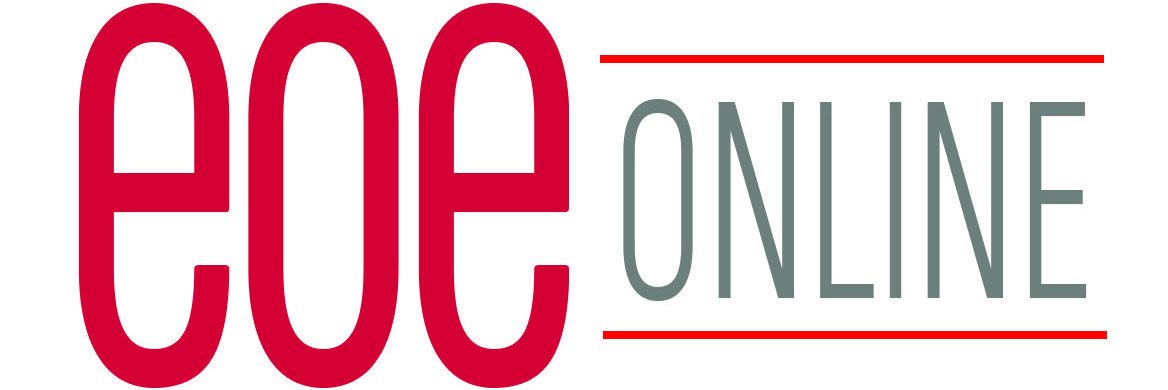
Here’s why diversity and inclusion in the workplace is important. More than policies, programs, or headcounts, equitable employers outpace their competitors by respecting the unique needs, perspectives, and potential of their diverse workforce. As a result, diverse and inclusive workplaces earn deeper trust and more commitment from their employees.
What is the difference between diversity and inclusion?
Diversity and inclusion are two interconnected concepts—but they are far from interchangeable. Diversity focuses on representation or the make-up of an entity. Inclusion is about how well the contributions, presence, and perspectives of different groups of people are valued and integrated into an environment.
An environment where many different genders, races, nationalities, and sexual orientations and identities are present but only the perspectives of certain groups are valued or carry any authority or influence, may be diverse, but it is not inclusive.
What is diversity and inclusion in the workplace?
A diverse and inclusive workplace is one that makes everyone, regardless of who they are or what they do for the business, feel equally involved in and supported in all areas of the workplace. The “all areas” part is important.
Do you have diversity in your recruiting, in each of your departments, and in your leadership? Or do you have a diverse workplace where 50% of your employees are women but 0% of your women are managers? Do you have a good representation of employees of color overall, but all of them are in the same department?
These telling questions reveal true diversity and inclusion in the workplace.
Why is diversity and inclusion in the workplace important?
To read this article in its entirety at www.greatplacetowork.com, click here.
